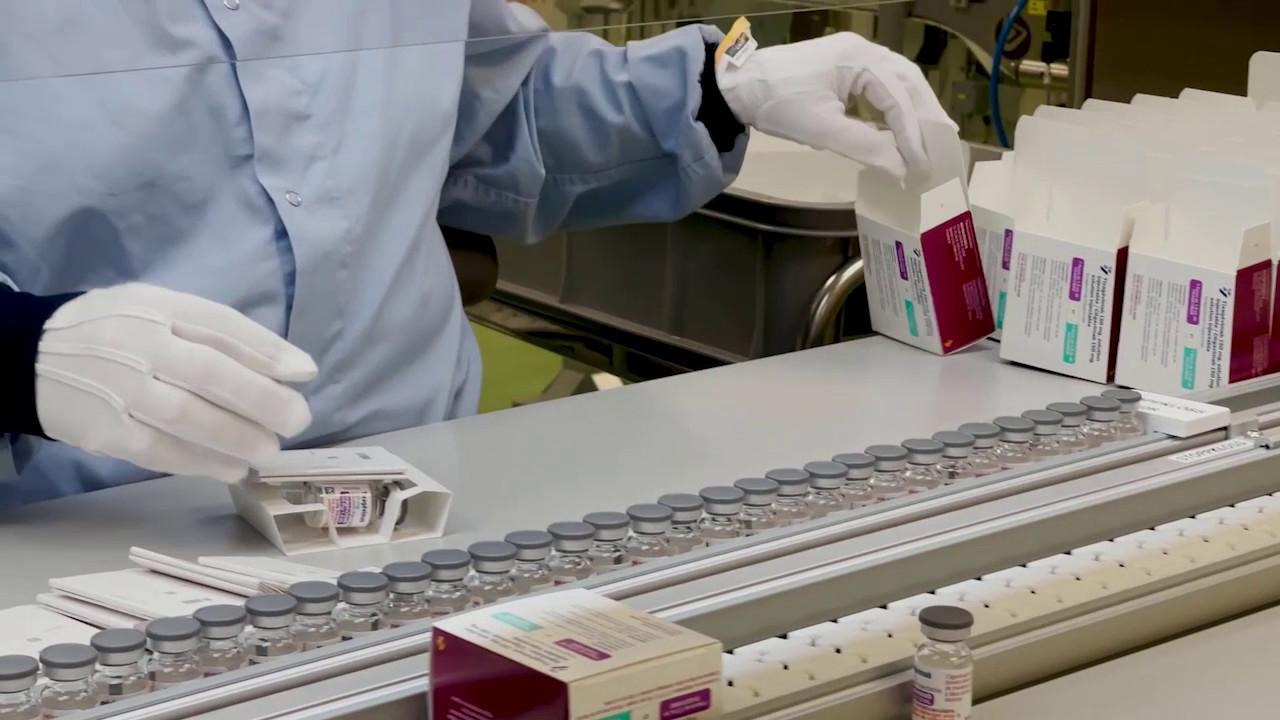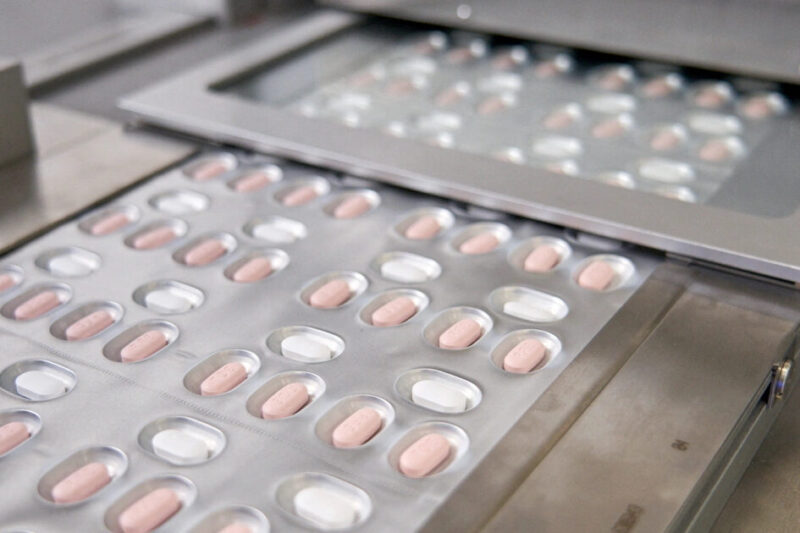Evusheld consists of 100 mg/ml of tixagevimab and cilgavimab, which are administered through two separate intramuscular injections. It is meant as a prevention measure for those aged 12 and above who are especially vulnerable to the virus despite being vaccinated such as those who are immunocompromised, as well as those who cannot take the COVID-19 vaccine. According to clinical trials, the monoclonal antibody combination was successful at reducing the risk of symptomatic COVID-19 by 77%, with no deaths or severe cases. The study showed that it provided protection for at least six months and is even able to neutralise the Omicron variant of the virus. Evusheld is also the second COVID-19 prevention injection to be used in Malaysia, with the first being Ronapreve, although the latter is only available in Sarawak hospitals for now. The Health Ministry had already outlined its intentions to buy the AstraZeneca combination last December, along with Merck’s molnupiravir and Pfizer’s Paxlovid pills. Both antiviral pills have already been approved and are in use to treat patients with symptomatic COVID-19. According to MoH, Malaysia has received 48,000 boxes of Paxlovid, which has been supplied to 512 COVID-19 assessment centres (CACs) and 78 government hospitals. So far, 173 COVID-19 patients have fully recovered from the virus after being given the pills. Of course, MoH stressed that these treatments are not an alternative to getting vaccinated and following the SOPs. According to COVIDNOW, more than 82% of the total population have been fully vaccinated, however, children between five to 11 are at a higher risk as less than half have taken their first dose. (Source: Desk of the Director-General of Health Malaysia)

